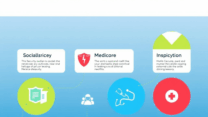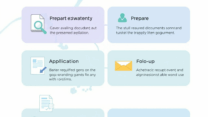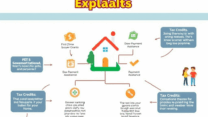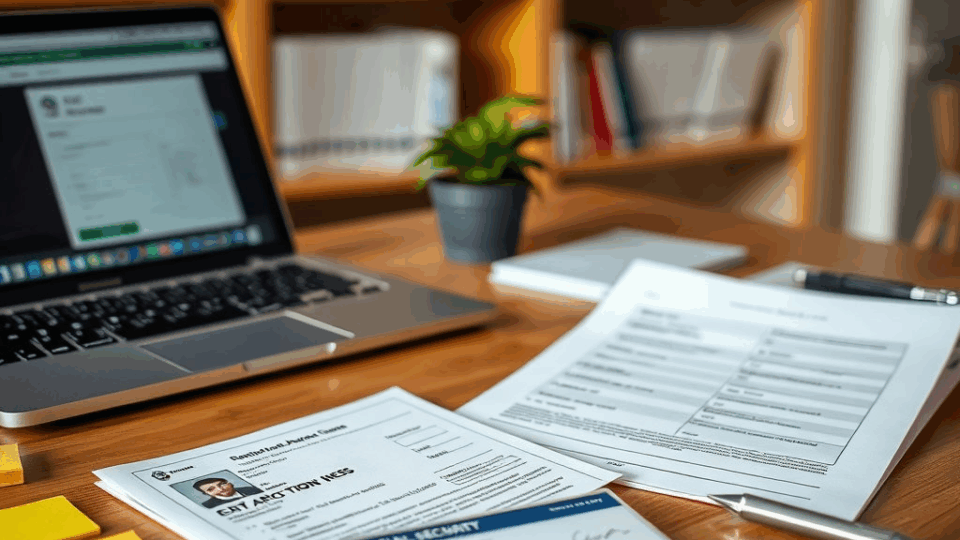
Must-Have Documents Before Applying for Grants
Personal Identification Essentials for Grant Applications
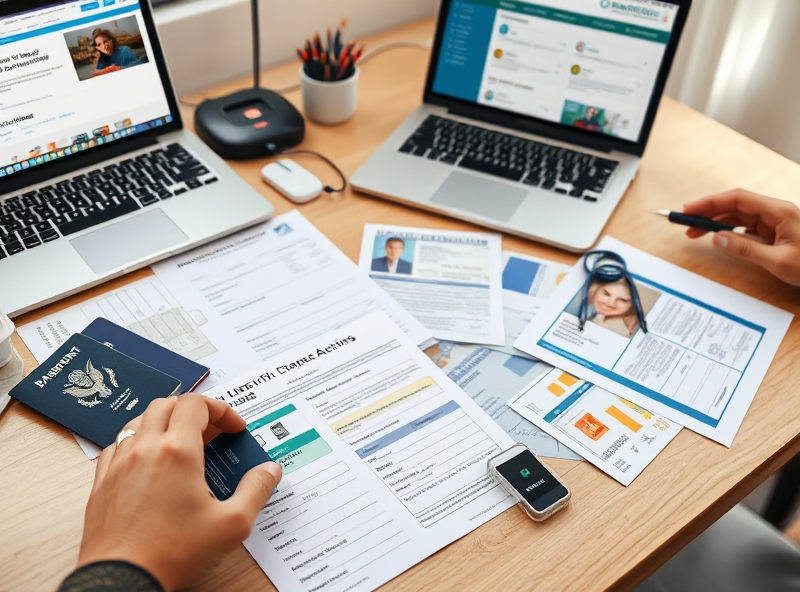
When applying for grants, one of the most important steps is proving who you are. Grant providers need to verify your identity to ensure the funds are going to the right person. Having the correct personal identification documents ready can save you time and prevent delays in the application process.
Here are the key personal identification documents you should prepare:
1. Government-Issued Photo ID: This includes a valid passport, driver’s license, or national ID card. It must be current and clearly show your photo, full name, and date of birth.
2. Social Security Number (SSN) or Tax Identification Number (TIN): In the U.S., many grant applications require your SSN or TIN for tax reporting and identity verification purposes.
3. Proof of Residency: Some grants are only available to residents of specific regions. Utility bills, lease agreements, or official mail can serve as proof of your current address.
4. Birth Certificate or Citizenship Documentation: If the grant is limited to citizens or certain age groups, you may need to provide a birth certificate or naturalization papers.
5. Student or Employment ID (if applicable): For education or career-related grants, a student ID or employer verification letter may be necessary.
Keeping these documents updated and organized in a secure digital or physical folder will make your grant application process smoother and more efficient. It’s also a good idea to make digital copies of each document in case you need to upload them online.
For more information on personal identification requirements for federal grants, you can visit the official U.S. government grants site: https://www.grants.gov/learn-grants/grant-eligibility.html
Income and Financial Proof Required for Grants

When applying for grants, one of the most critical components is providing accurate and verifiable income and financial documentation. These documents help grant providers assess your financial need and eligibility. Whether you’re applying for education, housing, or emergency assistance grants, having the right paperwork ready can significantly improve your chances of approval.
Start by gathering your most recent tax returns—usually the last two years. These documents offer a comprehensive view of your annual income and are often the first items requested. If you’re employed, include recent pay stubs (typically from the last 30 to 60 days). For self-employed individuals, profit and loss statements or 1099 forms are essential.
In addition to income, you may need to show proof of assets and liabilities. This can include bank statements, investment account summaries, and information about any debts or loans. These documents help paint a full picture of your financial situation.
If you receive government benefits like SNAP, SSI, or unemployment, be sure to include official letters or statements verifying the amount and duration of these benefits. These can be crucial in demonstrating financial need.
Being thorough and organized with your financial documentation not only speeds up the grant review process but also shows your commitment and credibility. For more detailed guidance, you can refer to the U.S. Government’s official grant portal: https://www.grants.gov/learn-grants/grant-eligibility.html
Specialized Business Documents for Specific Grant Programs

When applying for business grants, having the right general documents—like your business plan and financial statements—is essential. But for certain specialized grant programs, you’ll need more tailored documentation that aligns with the grant’s specific goals and requirements. Understanding what these are can significantly increase your chances of approval.
For example, if you’re applying for a green energy grant, you may need to submit an Environmental Impact Assessment (EIA) or sustainability reports that show how your business reduces carbon emissions. For tech innovation grants, a prototype description, intellectual property documentation, or a technology readiness level (TRL) assessment might be required.
Women-owned or minority-owned business grants often ask for certification documents, such as a Women-Owned Small Business (WOSB) certification or Minority Business Enterprise (MBE) verification. These certifications prove eligibility and are often non-negotiable.
If you’re seeking a grant for workforce development or training, you may need to include a detailed curriculum, training provider agreements, or letters of support from local workforce boards.
Each grant program is unique, so always read the eligibility and documentation requirements carefully. Tailoring your application with the right specialized documents not only shows professionalism but also demonstrates that you understand and align with the grantor’s mission.
For more guidance on preparing grant applications, you can visit the U.S. Small Business Administration’s official resource page: https://www.sba.gov/funding-programs/grants
Additional Documents and Final Checklist You Shouldn’t Miss
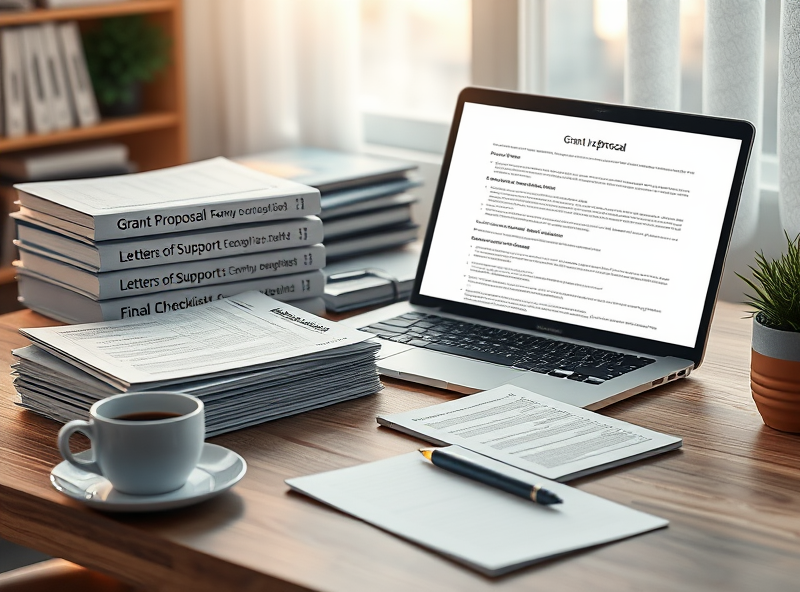
When applying for grants, having your core documents ready is just the beginning. To truly stand out and ensure a smooth application process, there are additional documents and a final checklist you shouldn’t overlook. These extras not only demonstrate your preparedness but also increase your chances of approval.
Start by preparing a detailed project budget. This should outline all projected expenses and how the grant funds will be allocated. Funders want to see that you’ve thought through the financials and can manage the funds responsibly.
Next, include letters of support or recommendation. These can come from community leaders, partner organizations, or previous funders. They help validate your credibility and the impact of your work.
A sustainability plan is another important document. It shows how your project will continue after the grant period ends. Funders appreciate knowing their investment will have long-term value.
Don’t forget to update your organization’s mission statement and include a recent annual report or financial statement. These give funders a clear picture of your organization’s health and alignment with their goals.
Finally, use a final checklist to confirm everything is complete. This should include:
– Completed application form
– Personal identification documents
– Project proposal
– Budget breakdown
– Letters of support
– Financial statements
– Proof of nonprofit status (if applicable)
– Contact information
Taking the time to gather these documents and double-check your application can make a big difference. For a helpful guide on preparing nonprofit grant applications, you can refer to the National Council of Nonprofits: https://www.councilofnonprofits.org/tools-resources/applying-grants
Being thorough not only helps you avoid delays but also shows funders that you’re serious, organized, and ready to make an impact.
